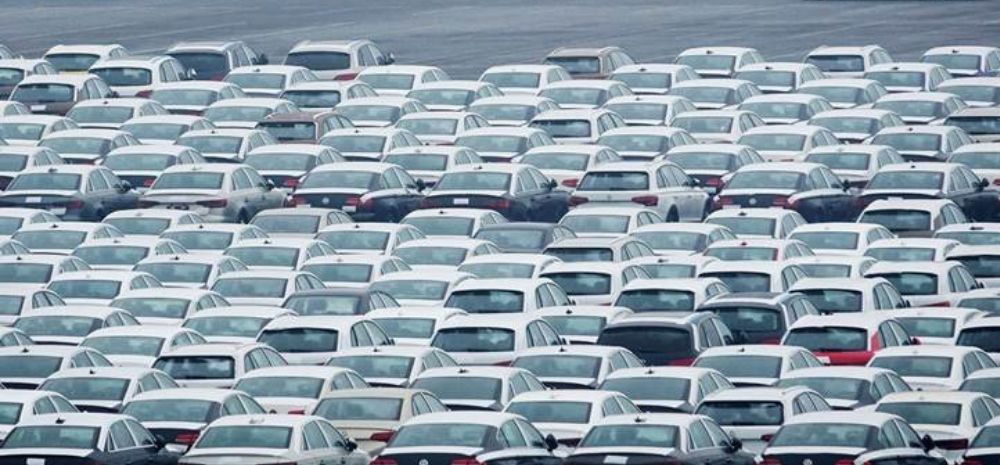The central government is in talks to gradually phase out all petrol and diesel vehicles in Delhi-NCR and replace them with battery electric, hybrid, and CNG vehicles, according to a report in The Economic Times. This move aims to combat the region’s severe air pollution problem and promote cleaner transportation alternatives.

Gradual Transition to Cleaner Fuels
The government is considering restricting new vehicle registrations to cleaner fuels in a phased manner. The transition is expected to begin with buses by 2025, eventually extending to all vehicle categories by 2035.
This development follows a similar initiative in Maharashtra, where a seven-member committee was recently formed to explore the possibility of banning petrol and diesel vehicles in the Mumbai Metropolitan Area (MMA) to address deteriorating air quality.
Past Proposals on Diesel Bans
This is not the first time a ban on diesel vehicles has been discussed. In 2023, the Ministry of Petroleum and Natural Gas had acknowledged a report by the Energy Transition Advisory Committee (ETAC), which suggested banning diesel-run four-wheelers by 2027 in cities with over one million residents. However, the government has not yet accepted this recommendation.
ETAC was formed to develop a roadmap for India’s energy transition and net-zero emissions goal by 2070. It has proposed significant measures, including:
- Phasing out diesel buses from 2024 in urban areas.
- Allowing CNG buses only until 2035 before transitioning fully to clean energy options.
India’s Commitment to Net Zero by 2070
The Oil Ministry emphasized that ETAC’s recommendations involve multiple ministries and stakeholders across states, and a final decision is yet to be made. The consultation process is still ongoing.
The push toward cleaner transportation aligns with India’s broader efforts to reduce carbon emissions and transition to sustainable energy sources. If implemented, the ban on petrol and diesel vehicles in Delhi-NCR could become a groundbreaking policy for pollution control and clean mobility.
Conclusion
With rising concerns over Delhi’s air pollution, the government is exploring long-term solutions to reduce emissions. While a final decision is awaited, a potential shift to electric, hybrid, and CNG vehicles could significantly improve air quality in the region. The success of this transition will depend on policy execution, stakeholder cooperation, and infrastructure readiness for cleaner fuel alternatives.












